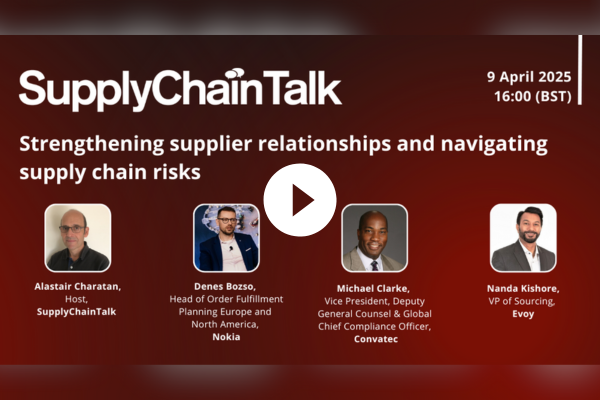Green methanol fuel could save our seas – and its potential use in ships is gaining attention
Sponsored by FugroPeter Toxopeüs, Fleet Development Manager, Fugro
The decarbonisation conversation has focused on which sources of clean energy provide safe alternatives to fossil fuels. Wind and solar are top of mind, while nuclear energy, with its low carbon footprint, is also increasingly seen as a viable answer to the energy gap. In transport in particular, electricity – in the form of electric cars, lorries and otherwise – is growing in popularity, in recognition that petroleum-powered engines are a major generator of greenhouse gases.
Yet one fuel source has been sidelined: methanol. For starters, the chemical is poorly understood. Many believe it to be strictly a fossil fuel, given that it can be made from coal, natural gas and the like. But it doesn’t have to be. This organic alcohol can also be produced from municipal waste, agricultural products such as plant sugars, and even recycled carbon dioxide and hydrogen. When people speak of “green methanol”, this is what they mean.
Green methanol is gaining traction in the shipping industry. As a result of its cleaner qualities, as well as the fact that it requires less storage space than alternative fuels, research is now underway into how survey vessels might soon be able to move from harmful petroleum to a more eco-friendly fuel.
Putting the technology in the water
Fugro, whose work in developing more sustainable technologies for the maritime industry has been explored in a series of articles for Business Reporter, has set ambitious targets for the adoption of methanol fuel in its vessels, and hopes to influence others to follow suit.
Onboard its Pioneer survey vessel is a field lab, in which research into how green methanol can be converted and used for shipping fuel is being accelerated.
“At the moment we are in a stage [whereby] we are engineering the final hurdles to get to a conversion,” says Peter Toxopeüs, Fleet Development Manager at Fugro. “In a couple of years we will be able to say this is a success and then we can roll it out to multiple vessels.”
It’s one of the first projects of its kind to put the technology in the water, so to speak. And Fugro’s general approach to research and innovation is placing a firm emphasis on sharing its discoveries so that a broader greening of the maritime industry takes place.
“The partners that we currently have want to take part in the development risk,” Toxopeüs says. “And that’s really part of the step that we are trying to take… where everybody takes a share and we reduce risk all over.”
The mission is two-pronged, covering how Fugro can convert existing vessels to low-carbon methanol, and how it – and others – can build new vessels that use low-carbon methanol. If there is demand, that will generate supply. Yet part of the problem has been that, because the maritime industry has been slow to acknowledge the environmental benefits of methanol, little effort has been made to produce adequate amounts of the green fuel.
In that sense, Fugro’s Pioneer vessel becomes something of a demand creator. At present, Toxopeüs says, businesses working in the maritime sector “wait for each other” and “look at each other”. Fugro aims to break the inertia and get things moving in the right direction, believes Toxopeüs: “We try to bypass that by creating a need for green methanol, by creating an asset in the water that needs the fuel already.”
Pioneer by name, pioneer by nature.
For more information please visit www.fugro.com
You can check out more episodes from this series below:

Business Reporter Team
Most Viewed
Winston House, 3rd Floor, Units 306-309, 2-4 Dollis Park, London, N3 1HF
23-29 Hendon Lane, London, N3 1RT
020 8349 4363
© 2025, Lyonsdown Limited. Business Reporter® is a registered trademark of Lyonsdown Ltd. VAT registration number: 830519543





